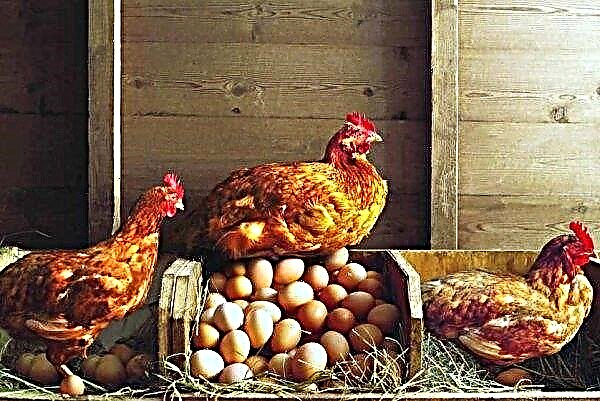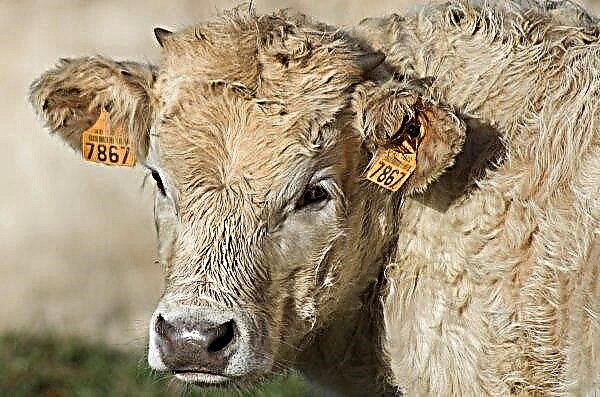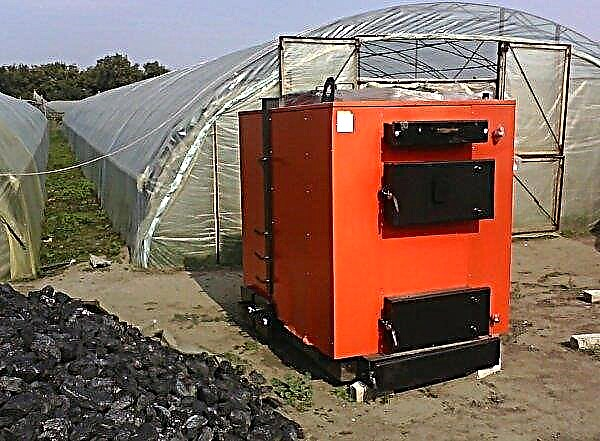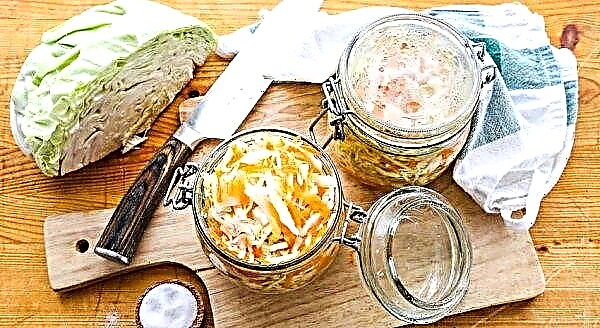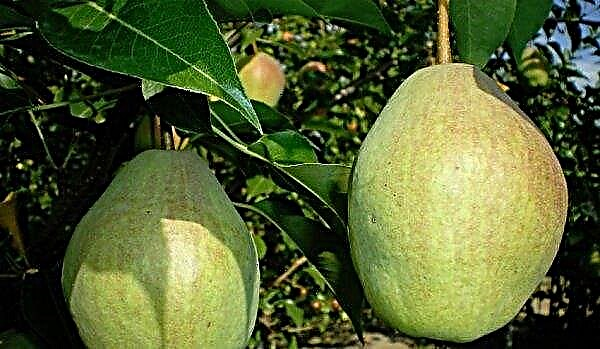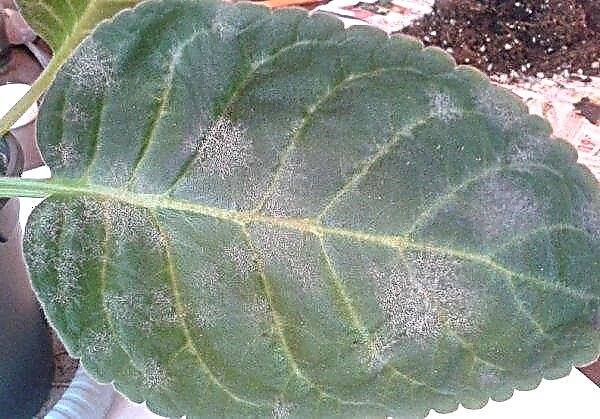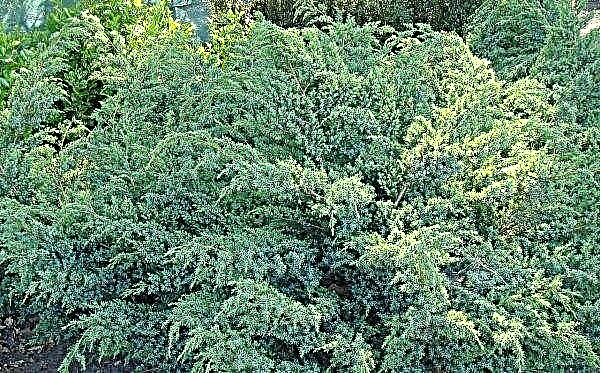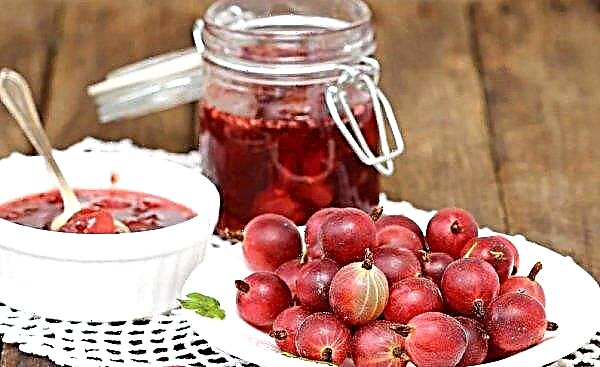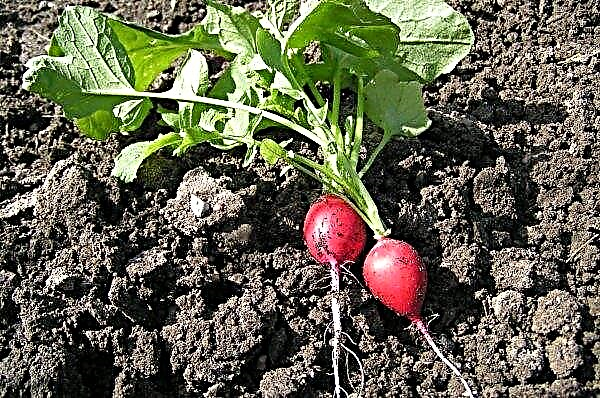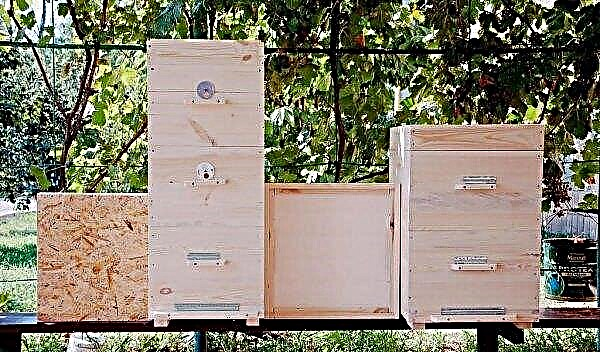The Institute of Subtropical and Mediterranean Horticulture (IHSM) La Mayora has begun trials for seedless mangoes.
Since research has just begun, it will take several years before it becomes known what opportunities producers have, both in Malaga and around the world, for growing seedless mangoes.
A research team led by researcher Inaki Hormaza works with diploid and triploid varieties. Worldwide, there are about 300 commercial varieties of mangoes.

La Mayora is one of the leading mango research centers, which has the largest collection of mangoes in the EU, numbering about 80 different varieties from around the world.
The center conducts all types of research and testing in the field of improving this crop, and offers solutions for pests and diseases, as well as in the field of cultivation methods.

In 1992, Indian researchers developed a mango variety with a smaller and narrower kernel. This breed was called Sindhu and was created on the basis of hybrids of the Ratna and Alfonso varieties.
Seedless fruits have recently taken an important place in the markets. This applies, for example, to seedless and watermelon grapes, which are increasingly found in fruit shops and supermarkets.

Mango cultivation in Spain is concentrated in the province of Malaga, from where 97% of the total mango volume comes from, covering an area of 4.3 thousand hectares. Almost the entire crop, about 90%, is exported to the EU.
Harvesting usually begins in the second half of August with the earliest varieties (such as Irwin and Tommy Atkins, both of which are grown outdoors). September and October are the most important mango months in Malaga.

